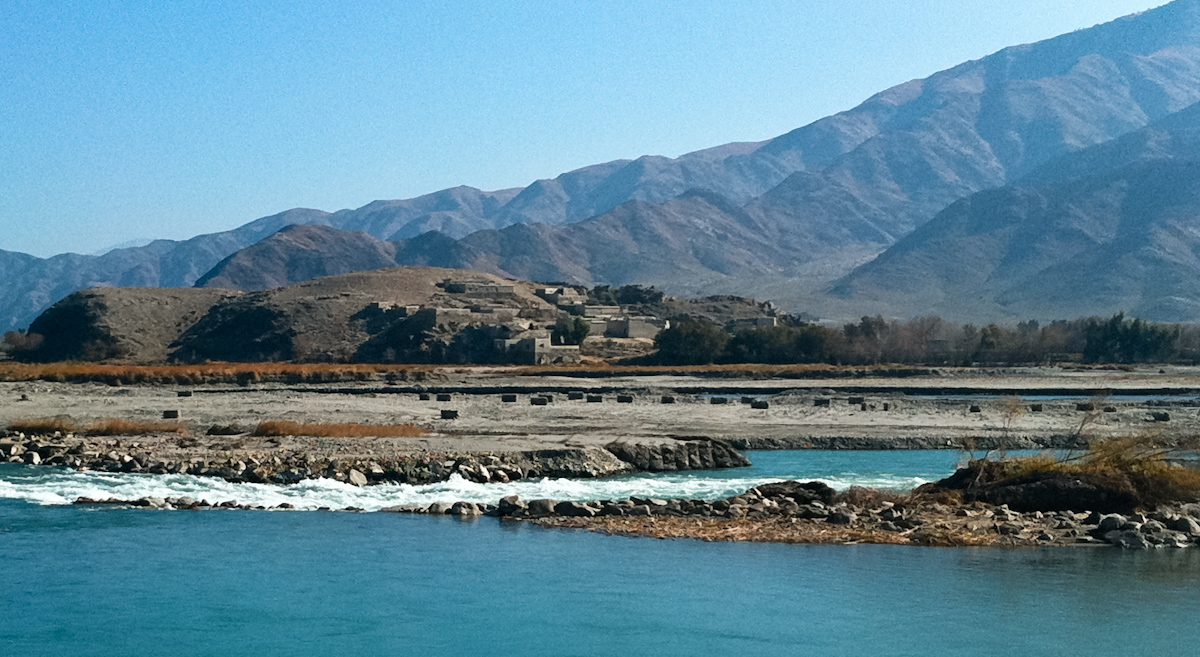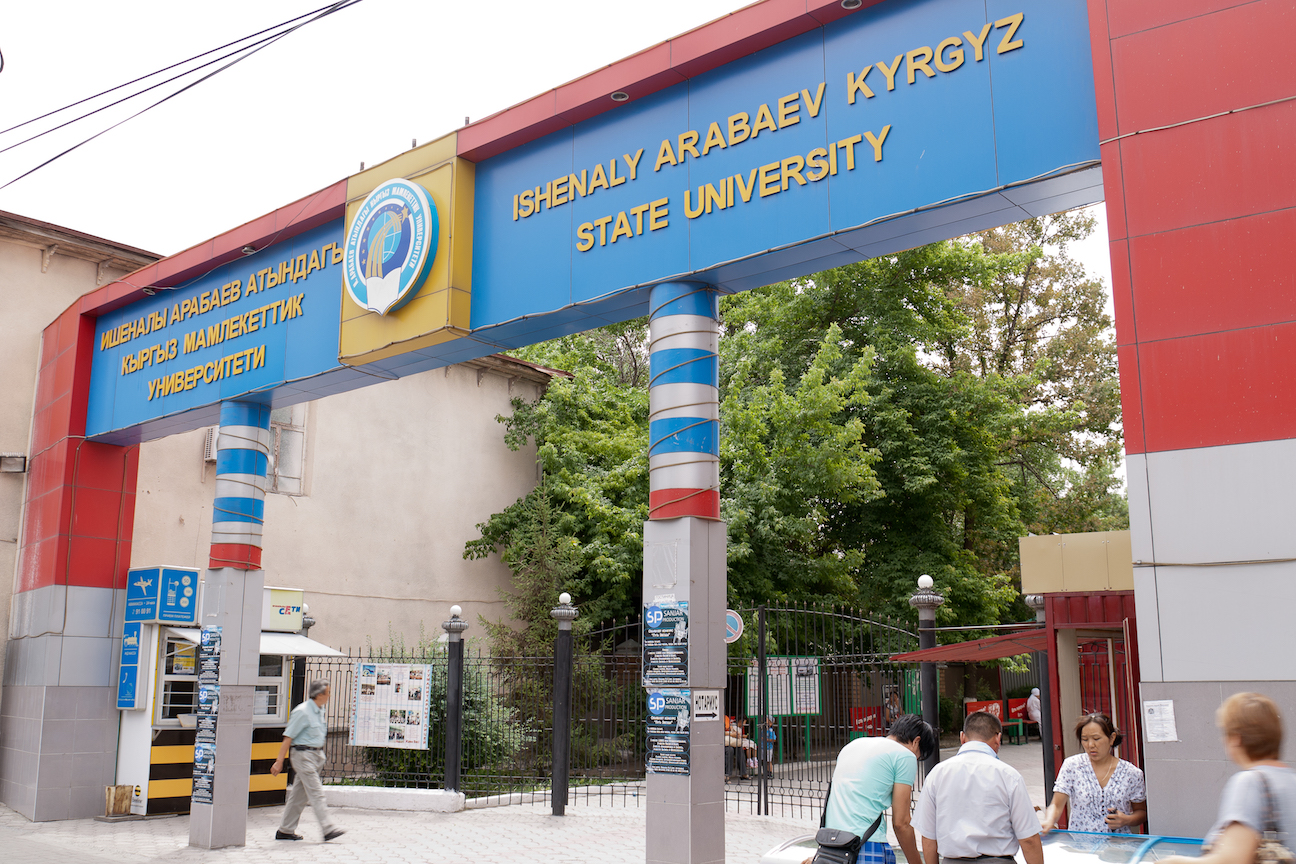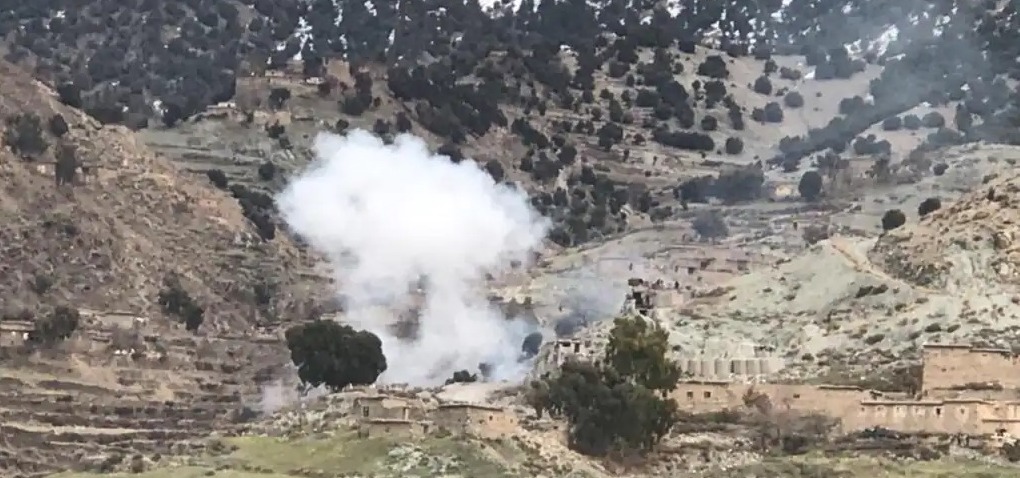
Trump issues new ‘travel ban’ proclamation
President Donald Trump issued a proclamation implementing a nearly full travel ban on nationals from a dozen countries, severely restricting potential entry into the United States. The proclamation is based on an executive order issued on Trump’s first day in office that laid the foundation for the administration to enact extensive immigration controls. Commentators have harshly criticized the ban, pointing out that it disproportionately affects Muslim-majority and African countries. Amnesty International’s secretary general Agnes Callamard lambasted Trump for the action, calling it “discriminatory, racist and downright cruel.” The restrictions bear a striking resemblance to Trump’s 2017 travel ban, which blocked travel to the United States from seven Muslim-majority countries. (Photo: Minneapolis protest of 2018 Supreme Court decision upholding Trump’s first travel ban. Credit: Fibonacci Blue/Flickr)






